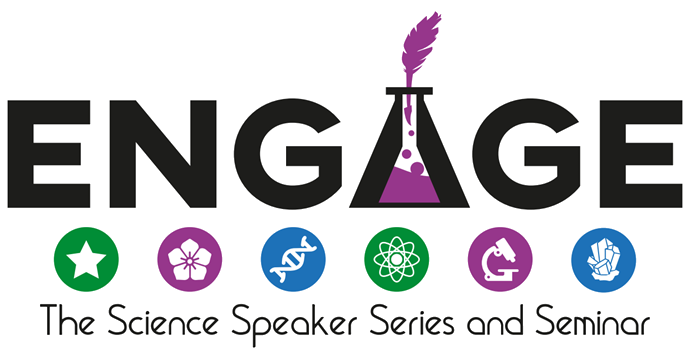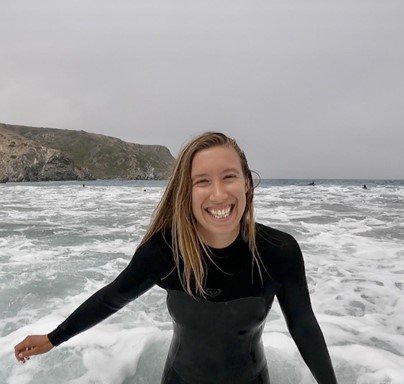Let’s talk about it: What role can social science play in solving current marine issues?
Photo Credit: Emma Sclisi
Have you ever heard of horse girls? Elementary school girls who love horses so much that it becomes a defining factor of their personality. Well, I was a dolphin girl growing up-constantly wearing T-shirts with dolphins on them, reading books where the main character becomes best friends with dolphins, and had at least 20 different dolphin themed items in my room at any given time. Anyone else?
I didn’t just love dolphins, though. Anything related to the ocean, I was obsessed with. And any time someone asked me what I wanted to be when I grew up, I confidently told them I would be a marine biologist. (What I really meant was ecologist-someone who’s studying the plants and animals in an ecosystem, but I didn’t know that word yet.) Having a job that let me study all of these animals that I already loved seemed like an absolute no-brainer.
As I learned about climate change, pollution, and overfishing, my plans to be a marine biologist solidified. I decided it was my calling to be part of the group of people trying to conserve and protect the ocean. I had grand visions where this involved scuba diving in coral reefs, and spending time out on boats seeing hundreds of dolphins.
Gradually, it became clear that not all marine biology jobs looked like what I had imagined, and saw that working with the ocean wasn’t limited to only marine biologists. I also learned that marine conservation, the field I was most passionate about, often works to keep people separate from the ocean in order to protect it. Humans and the oceans continue to be intrinsically linked, despite the fact that many people might feel further removed from nature than in the past. I hoped to work in a field where this connection was seen as something to work with, rather than against. Was there even a field that studied this?
Switching my focus over to the social sciences has allowed me to ask questions like: how can we build stronger, more sustainable, and more resilient relationships between humans and the ocean, not just keep the two totally separate? My current research works towards a small component of that, and involves interviewing commercial fishermen about their knowledge of their fishery and the ocean, and the actions that they take to help protect it. While many people may feel far removed from nature or natural resources (such as fish), there are still many who rely on these resources both economically and culturally. The people, such as fishermen, who are out on the ocean day in and day out, often have intricate, detailed knowledge of these ecosystems. They may see things and know things that scientists never get to, but their knowledge isn’t typically considered “science”.
Whether something is considered “science” can have so many implications. The most direct one in this instance, though, is that this knowledge is not often considered when rules or regulations stating how these resources can be used are made. This means that crucial information can be left out, having negative impacts for both the ocean and the people who rely on it. When we do include these other forms of knowledge, though, benefits include increasing access to important, but less easily available knowledge sources for scientists or managers, more easily resolving disputes between resource users (in this case fishermen) and management, and increasing how well regulations are followed, since users are more likely to trust them. Failing to include the perspectives of these resource users has even been cited as a major contributing factor to so many fisheries collapsing around the world!
Working to include these perspectives allows people to continue relying on the ocean as an important resource, while simultaneously supporting ocean ecosystems. And, even though I’m not out on a boat, or diving in coral reefs nearly as often as I thought I would be, I still feel as though I’m part of the group of people trying to positively impact the ocean.
Emma Scalisi is a graduate student at the University of Washington’s School of Marine and Environmental Affairs, where her research examines the relationships between small-scale commercial fishers and fisheries management agencies in Alaska. She wants to know how fish and people can benefit from listening to both scientists and fishermen.


